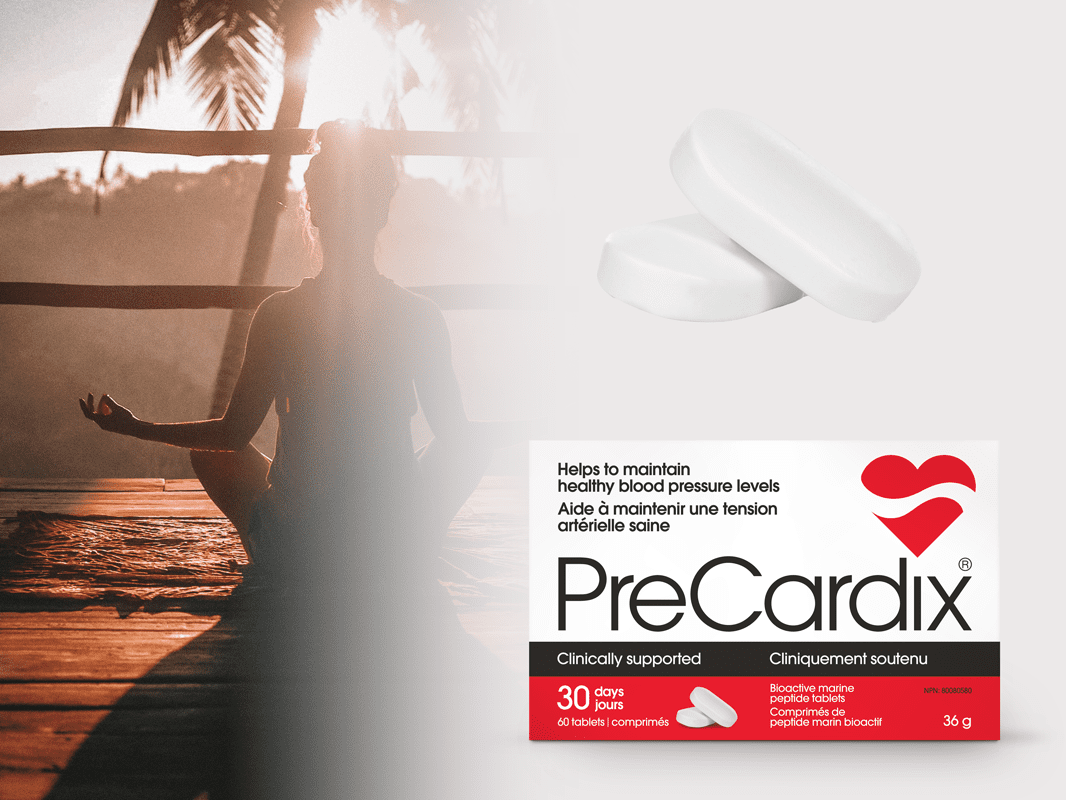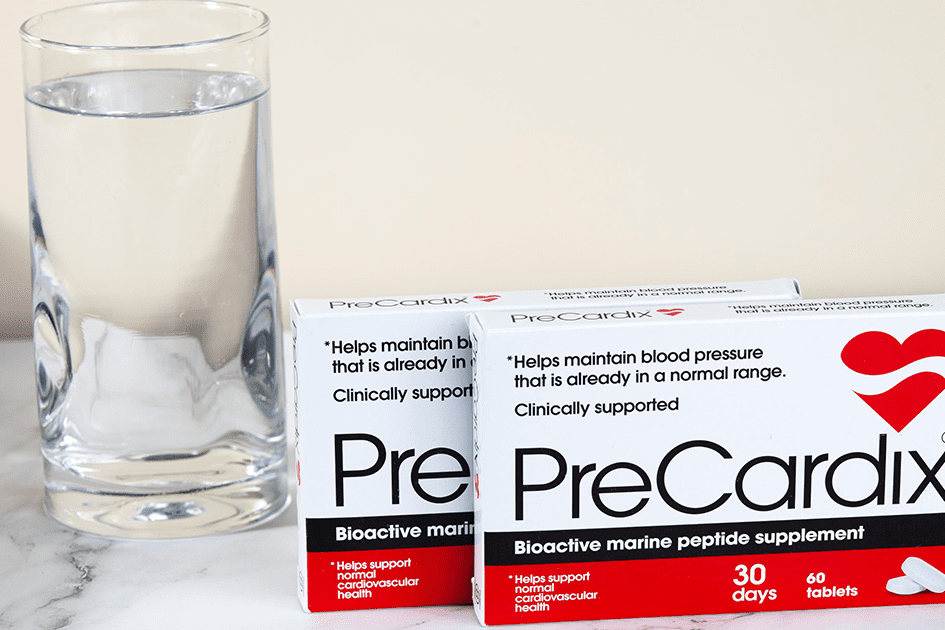Heart disease remains a pressing global health concern, claiming an alarming number of lives each year. According to the World Health Organization (WHO), approximately 17.9 million deaths occur annually due to this condition. However, there is reason for optimism. By making certain lifestyle modifications, particularly in our dietary patterns, we can prevent or delay heart disease.
The Power of Dietary Choices on Heart Health
A crucial aspect of maintaining heart health lies in adopting a well-balanced diet. Research has demonstrated that specific foods and nutrients can decrease or increase the risk of developing heart disease. In this section, we will delve into the impact of dietary choices on heart health and cardiovascular diseases.
Building a Heart-Healthy Diet
A wholesome diet is essential for overall health, including heart health. It should contain various nutrient-dense foods such as fruits, vegetables, whole grains, lean proteins, and healthy fats. These foods provide the body with vital vitamins, minerals, and other essential nutrients for proper functioning.
Fiber and Antioxidants: Vital for Cardiovascular Health
Fruits and vegetables, in particular, serve as excellent sources of dietary fiber, which aids in lowering cholesterol levels. Moreover, they are rich in antioxidants that protect cells from damage caused by free radicals. On the other hand, whole grains offer complex carbohydrates that help regulate blood sugar levels and reduce the risk of heart disease.
Proteins and Fats: Balancing Your Heart Health
Lean proteins, including fish, chicken, and legumes, are pivotal in maintaining a healthy weight and reducing the risk of heart disease. Furthermore, they are abundant in essential amino acids, crucial for tissue building and repair in the body. Healthy fats, such as those found in olive oil, avocado, and nuts, have the potential to improve cholesterol levels and reduce inflammation.
It is crucial to be mindful of unhealthy fats, specifically saturated and trans fats, as they significantly increase the risk of heart disease.
These fats are commonly found in processed foods, fried foods, and fatty cuts of meat. Consuming excessive amounts can elevate cholesterol levels and contribute to the development of plaque in the arteries, ultimately leading to heart disease.
To limit the intake of unhealthy fats, it is advisable to minimize or avoid processed and fried foods. Instead, opt for leaner cuts of meat and incorporate healthier fat sources into your diet, such as fatty fish like salmon or plant-based options like avocado.
Sodium intake also plays a significant role in heart health, as high levels of sodium have been linked to an increased risk of hypertension and heart disease. The American Heart Association recommends a daily sodium limit of no more than 2,300 milligrams for adults, with an ideal target of no more than 1,500 milligrams.
To reduce sodium intake, it is important to avoid adding salt to meals and choose low-sodium alternatives whenever possible. This includes carefully reading food labels and opting for products with lower sodium content.
By being mindful of our dietary choices and making small yet impactful adjustments, we can take steps toward mitigating the risk of heart disease and promoting overall heart health.
A healthy diet is essential for maintaining heart health and reducing the risk of cardiovascular diseases. By including various nutrient-dense foods and limiting unhealthy fats and sodium intake, you can improve your overall health and decrease your risk of heart disease.
Remember, healthy eating is a lifelong journey, so make small changes over time to develop sustainable habits for a healthier heart.
Subscribe & Save
Two tablets. Every day. A lifetime of health.
Consistency is the key to maintaining healthy blood pressure levels and supporting your heart health. By taking two PreCardix® tablets every day, you’re building a daily routine that promotes long-term cardiovascular wellness and vitality.
Important Information
Always consult with your healthcare provider before making changes to your blood pressure management plan. PreCardix® does not treat, cure, or prevent medical conditions. Measure and monitor blood pressure regularly. Know the signs of heart attack and stroke.
Do not take PreCardix® if you are under age 18, if you are pregnant or breastfeeding, have renal artery stenosis, have a history of angioneurotic edema, or have a shellfish allergy. Consult product guidelines for additional information. Print and share the product monograph with your healthcare provider.
PreCardix® is an innovation of Marealis Inc. a Norwegian Bio-Tech company dedicated to finding natural, sustainable, and effective marine-based solutions for blood pressure health, globally. Designed in Norway. Manufactured in Canada.
Salt Intake and Its Effects on Heart Health: What You Need to Know

The Role of Alcohol Moderation in Managing Cardiovascular Health: A Post-COVID Perspective








